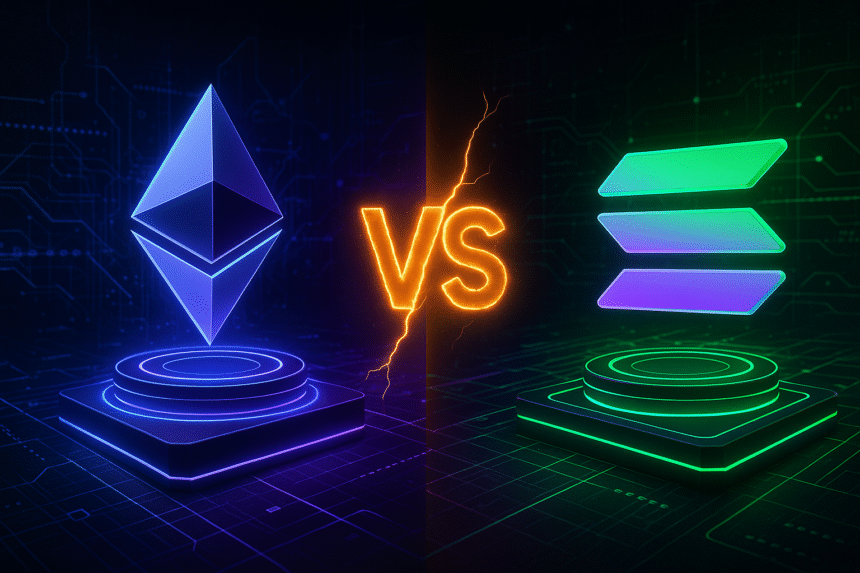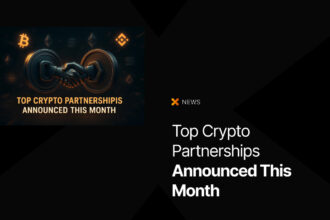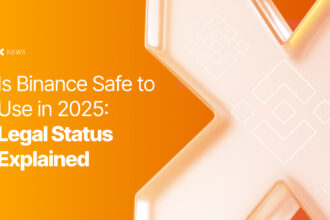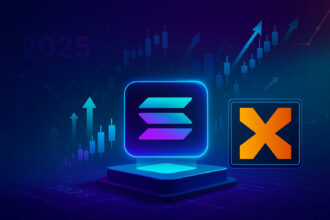Interest in crypto worldwide is huge! And, the trends seem to be shifting quite frequently. As you keep reading about crypto, you may come across these two names: Ethereum and Solana. In case you are trying to pick between these two, you may be needing a comparison of Ethereum vs. Solana. So, what exactly sets them apart and which one will dominate the future of blockchain? Let’s take a closer look.
Ethereum vs. Solana: A Quick Intro to the Two Platforms
Before diving into our comparison of Ethereum vs. Solana, let’s just get the basics out of the way.
Ethereum has been around for a long time (in crypto terms, anyway). It’s often seen as the go-to platform for smart contracts and decentralized apps. It was basically the first to really make that possible.
Solana, on the other hand, is a bit newer. It has gained attention because it’s deemed faster and cheaper to use. Well, at least, that’s what fans of Solana often say. Basically, these are the main differences between these two platforms.
Speed and Cost: Solana’s Big Advantage
One of the complaints some users have about Ethereum has been that it can be slow and expensive when things get busy. Due to congestion in the network, transactions on the Ethereum platform may get slow at times.
That’s where Solana is thought to really shine. It’s known for being super fast and charging very low fees. This has made it especially popular with developers working on games, NFTs and other projects that require lots of quick transactions.
But the platform may have some disadvantages, too. Solana has had some technical problems, including occasional outages. That means the network has gone offline or struggled to keep up with demand. This obviously isn’t ideal if you’re trying to build something serious.
Ethereum Has the Reputation (and the Users)
Even with its issues, Ethereum still has the edge when it comes to reputation. It has the largest number of developers, the most projects built on it, and it’s the foundation for a ton of crypto activity. This includes some of the biggest NFT and DeFi platforms.
Also, Ethereum has gone through some major upgrades in recent years. Without getting too technical, let’s just say it’s tried to become more eco-friendly and less expensive to use. Whether that fully solves its problems remains to be seen. However, it shows that Ethereum is working to stay relevant.
Plus, a lot of people trust Ethereum. And in the crypto space, where scams and broken promises are way too common, that kind of trust is a big deal.
Ethereum vs. Solana: Which One Will Dominate in the Future?
Now that we have looked at some important factors on our Ethereum vs. Solana comparison, the question remains: which one will dominate? Will Ethereum continue to keep its important place in the industry or will Solana take over?
The truth is that there might not be a single winner in the end. Because both blockchains have their strengths and weaknesses. Ethereum can get slow but it is widely trusted. Meanehile, Solana is fast but it may sometimes get shaky. Simply put, one seems to be more solid and established, while the other is bold and experimental.
It’s possible that they may both coexist, serving different needs. Some people might prefer Ethereum for bigger, more secure applications, while others may use Solana for faster, cheaper stuff like games and social platforms. In the end, it is really important for these platforms to adapt to the changes in the industry.
Do you want to check out more crypto news? Take a look at our news page!








